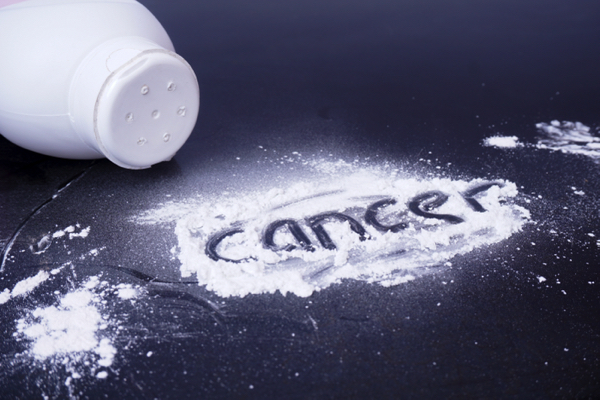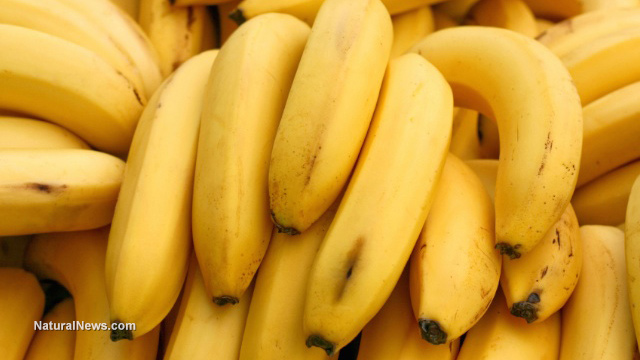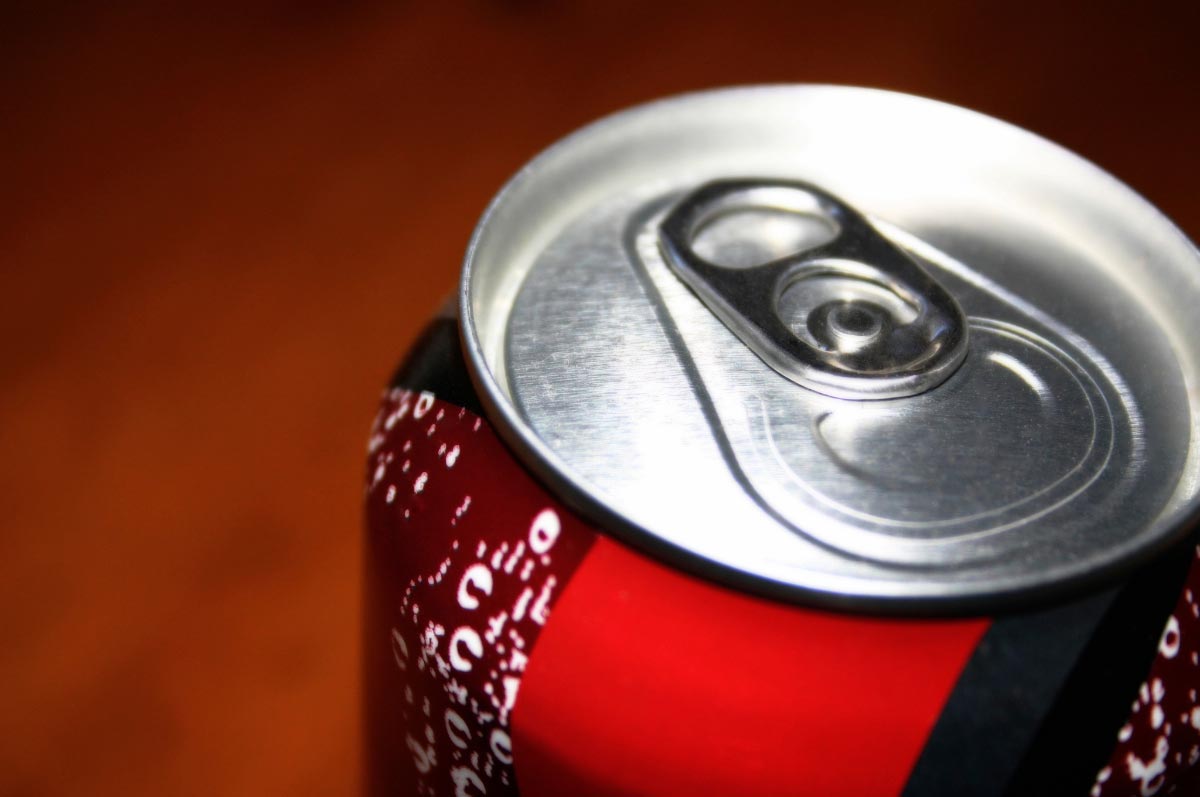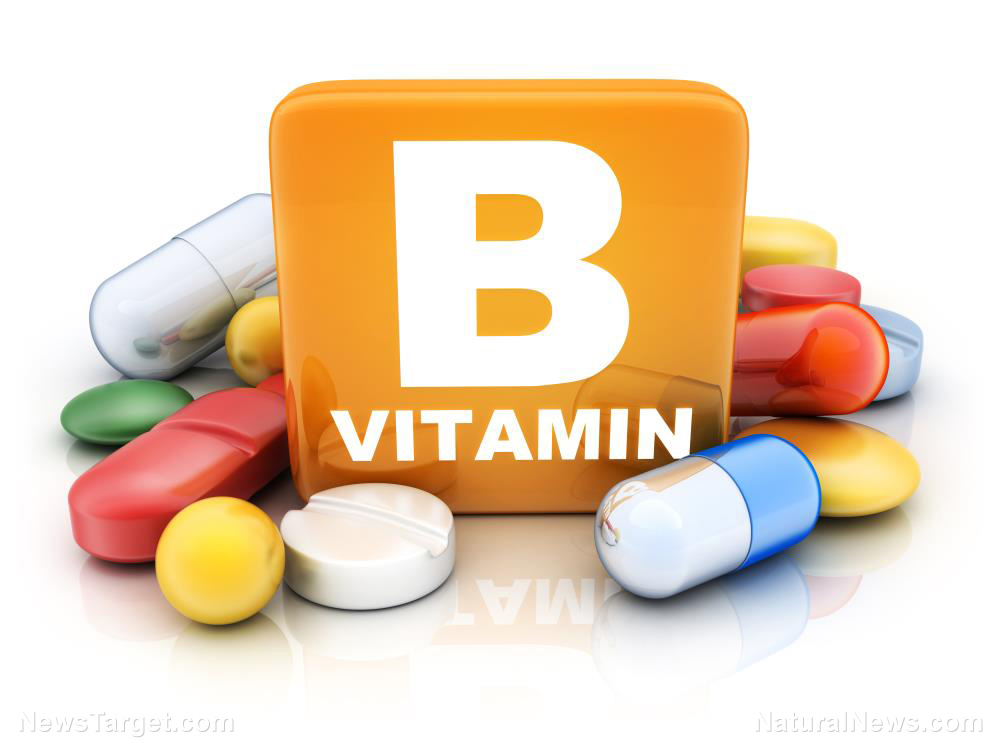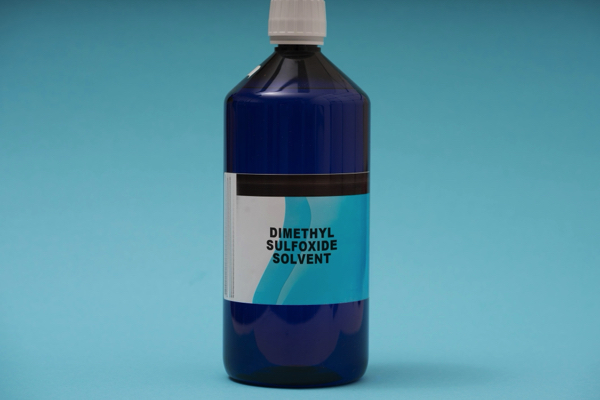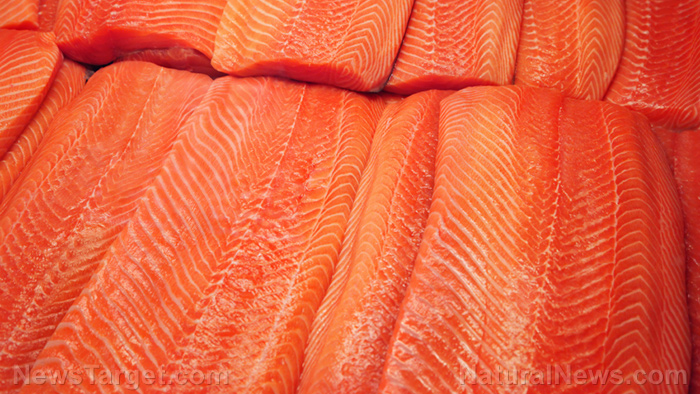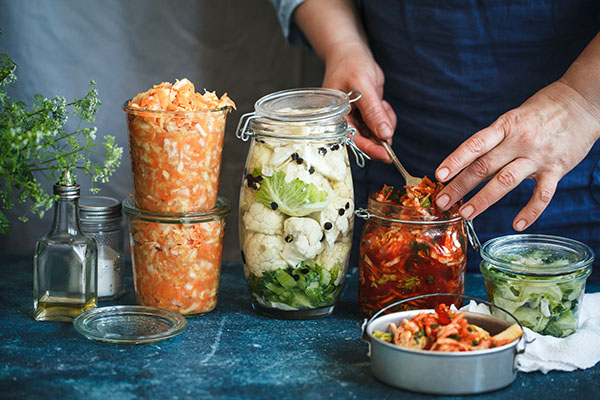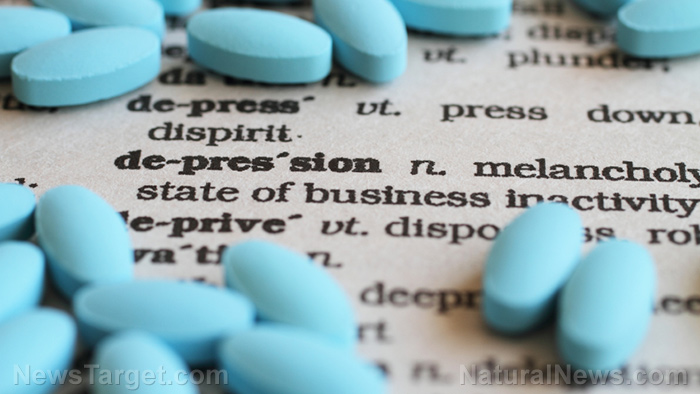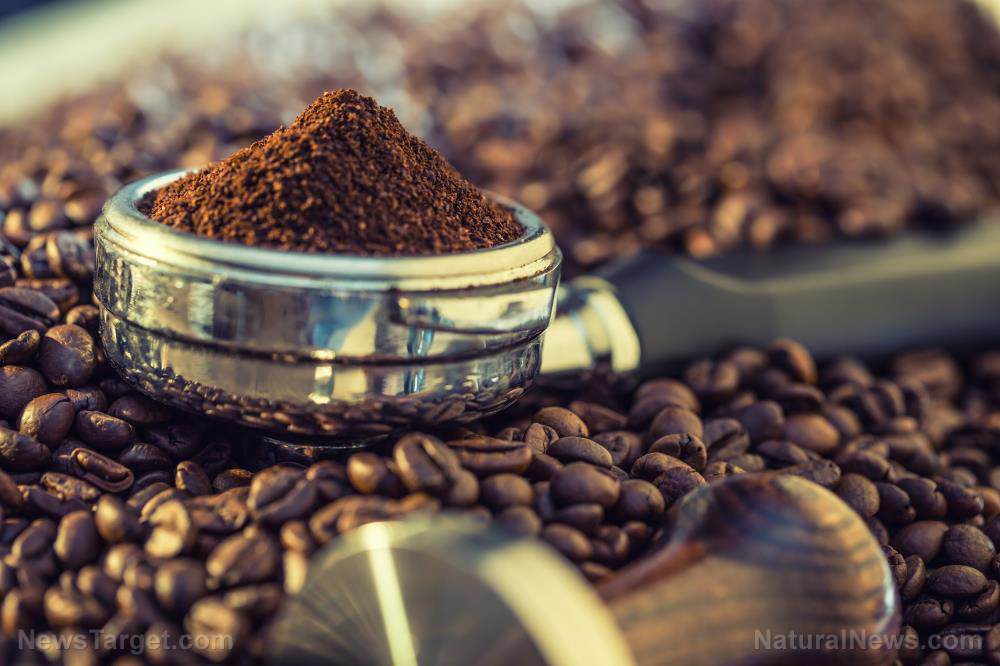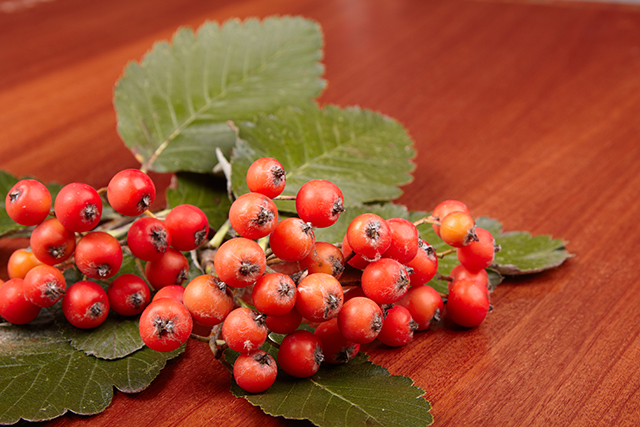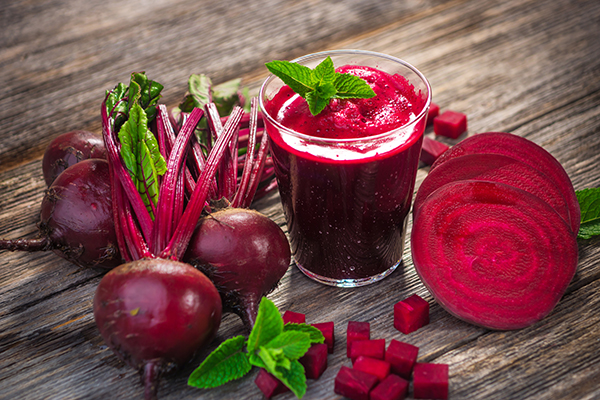DIABETES SHOCKER: Massive META-ANALYSIS reveals sugary DRINKS cause more cases of TYPE 2 DIABETES than sugar-loaded foods
06/12/2025 / By S.D. Wells
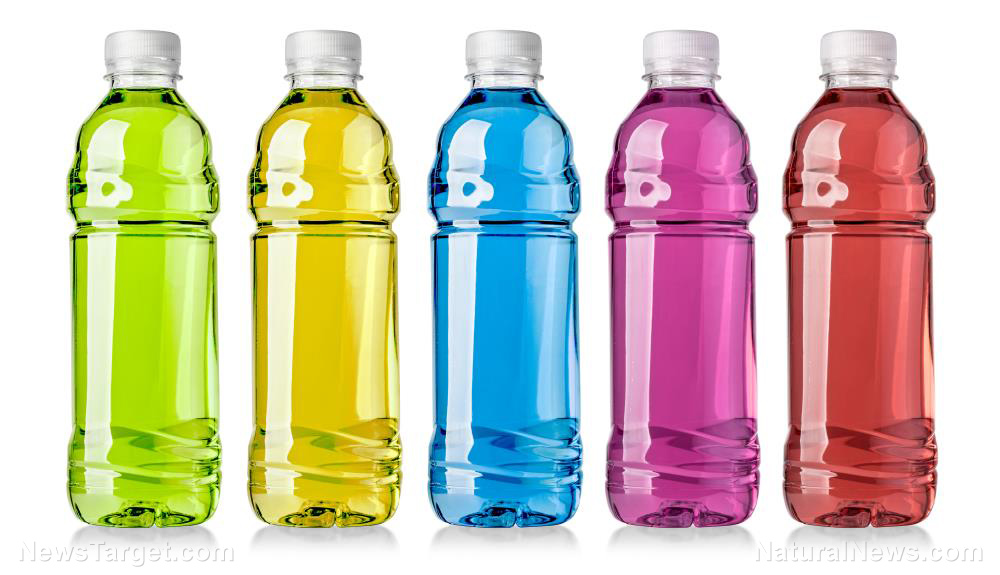
Everyone knows that sweets are the key catapult for type 2 diabetes, including baked goods like cakes, pies, brownies and cookies, but most people don’t focus much on beverages, besides soda, and that is a major problem. In fact, most fruit juices that boast on the labels about vitamins and minerals are LOADED up with added sugars, something that goes quite underrated as far as a major cause of type 2 diabetes. What to do?
- Fruit juices can be deceptive—Many boast vitamins but contain high added sugars, contributing to diabetes. African American women drinking 2+ sweetened juices daily had a 31% higher risk than those consuming minimal amounts.
- Sugary beverages are a major but overlooked diabetes risk—While sweets like cakes and cookies are recognized threats, drinks like soda and fruit juices (often marketed as “healthy”) are loaded with added sugars, significantly increasing Type 2 diabetes risk.
- Daily sugary drinks raise diabetes risk by 25%—Studies show each extra 12-ounce soda daily increases risk by 25%, and even 8 ounces of fruit juice raises it by 5%. Liquid sugar lacks fiber/fat, causing rapid blood sugar spikes that harm metabolism.
- Whole foods are safer than liquids—Solid sugary foods slow absorption due to fiber/protein, but pairing soda with meals doesn’t negate long-term risks. Experts recommend water, infused drinks, or whole fruits instead of processed beverages.
Study Links Daily Sugary Drinks to 25% Higher Type 2 Diabetes Risk
A new meta-analysis of long-term studies suggests that drinking sugar-sweetened beverages—such as sodas, fruit juices, and energy drinks—raises the risk of Type 2 diabetes more than consuming sugary foods. The research, which analyzed data from over 500,000 healthy adults worldwide, found that each additional 12-ounce serving of soda per day increased diabetes risk by 25%, while an 8-ounce serving of fruit juice raised it by 5%.
“The findings highlight why drinking your sugar is more problematic for health than eating it,” said lead author Dr. Karen Della Corte, a nutritional science professor at Brigham Young University. Unlike solid foods, sugary drinks lack fiber, protein, or fat, leading to rapid absorption and sharp spikes in blood glucose and insulin—key factors in metabolic dysfunction.
The study, published in JAMA Internal Medicine, builds on earlier research, including a 2008 study that found African American women who drank two or more sodas daily had a 24% higher diabetes risk than those who consumed less than one per month. The latest analysis reinforces concerns about liquid sugar’s unique metabolic impact, particularly fructose-heavy sweeteners like high-fructose corn syrup.
Dr. Susan Spratt, a diabetes specialist at Duke Health (unaffiliated with the study), explained that food’s natural composition slows sugar absorption: “Higher amounts of fat and protein decrease stomach emptying, blunting the glycemic rise.” However, pairing soda with meals doesn’t eliminate the long-term risk, researchers caution.
Sugar consumption has evolved dramatically since the 20th century, with processed beverages becoming a dominant source. The rise of industrial sweeteners like high-fructose corn syrup in the 1970s correlates with soaring obesity and diabetes rates, prompting public health debates over regulation and corporate influence.
The study underscores the importance of reducing sugary drink intake. “Sugar isn’t inherently harmful,” said Della Corte, “but modern processed forms—especially liquids—disrupt metabolism.” Experts recommend water, infused beverages, or whole fruits as safer alternatives. As diabetes rates climb globally, the research adds urgency to rethinking dietary habits shaped by an era of ultra-processed foods.
Tune your food news frequency to FoodSupply.news and get updates on more sugar-loaded drinks and foods that fuel the diabetes, obesity and cancer scamdemics of our country.
Sources for this article include:
Submit a correction >>
Tagged Under:
baked goods, diabetes, food supply, insulin, prevent diabetes, spike, stop eating poison, sugar, sugary drinks, Type 2 Diabetes
This article may contain statements that reflect the opinion of the author



